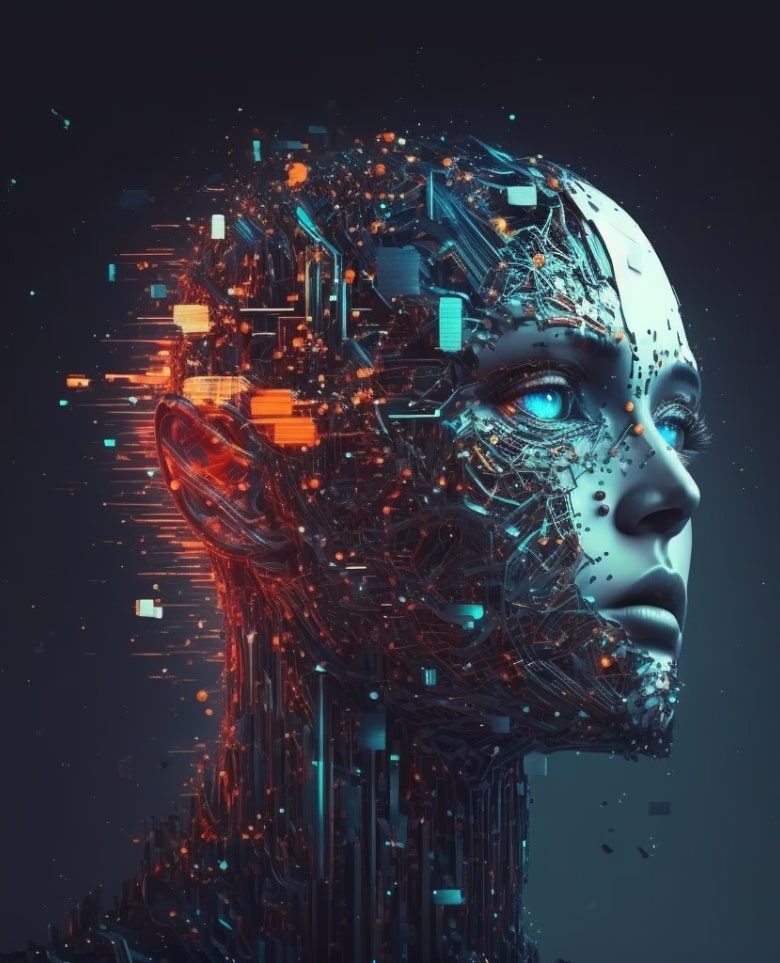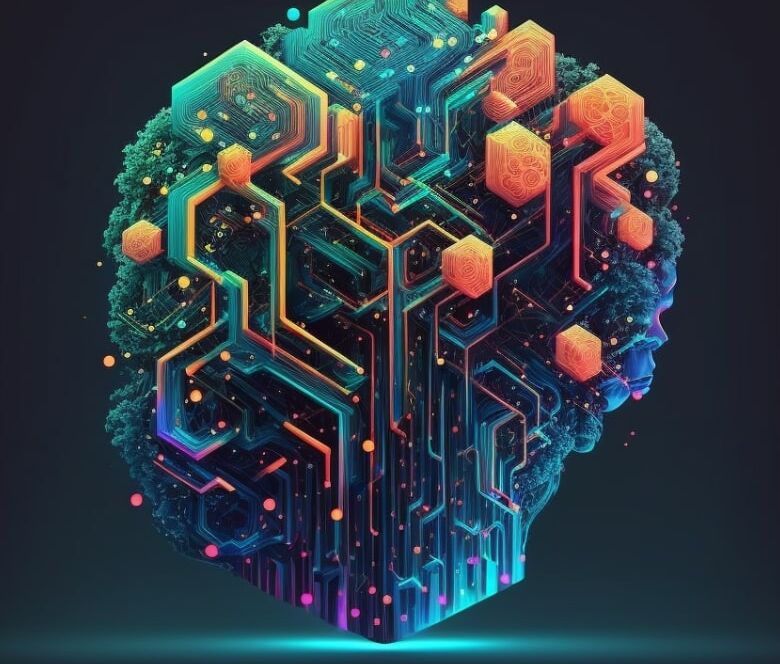Artificial Intelligence (AI) is rapidly reshaping the world, touching nearly every industry and aspect of daily life. As we look to the future, the concept of “intelligence” is no longer limited to human cognition; it now encompasses the capabilities of machines that can learn, reason, and make decisions. The intelligence of tomorrow promises to revolutionize how we live and work, but harnessing its full potential requires a deeper understanding of emerging AI trends and the challenges ahead. This article explores how tapping into the intelligence of tomorrow can drive innovation, improve efficiency, and transform society.
The Evolution of Artificial Intelligence
AI has come a long way since its inception in the mid-20th century. Initially, AI was focused on rule-based systems that could perform specific tasks but lacked the flexibility to adapt to new situations. Today, machine learning and deep learning have transformed AI into a technology that can analyze vast amounts of data, recognize patterns, and improve over time. This shift has enabled AI to tackle complex problems that were previously unsolvable, such as predicting medical diagnoses, optimizing supply chains, and enhancing cybersecurity.
The intelligence of tomorrow will extend beyond current AI capabilities, embracing more advanced forms of machine learning, neuromorphic computing, and quantum AI. These developments will not only make AI more powerful but also more efficient, enabling new applications across a variety of fields.


How AI is Shaping the Future
- Transforming Industries
AI is set to drive innovation across multiple sectors, from healthcare and finance to transportation and education. In healthcare, AI-powered tools can assist doctors by analyzing medical images for early disease detection, predicting patient outcomes, and personalizing treatment plans. In finance, AI algorithms can detect fraudulent activity in real-time and optimize investment portfolios based on market trends. The transportation sector is on the verge of a transformation with self-driving cars, which rely on AI to navigate complex environments and make split-second decisions.
Furthermore, AI in education is opening up new possibilities for personalized learning. Adaptive learning platforms can assess a student’s strengths and weaknesses, providing customized content to improve understanding and retention. These AI-driven advancements not only enhance productivity but also create new opportunities for growth and development in these industries.
- Improving Efficiency and Sustainability
Tapping into the intelligence of tomorrow will play a significant role in optimizing resource management and reducing waste. AI can analyze energy consumption patterns to optimize the use of electricity in smart grids, leading to more sustainable energy production. In agriculture, AI can help monitor crop health, predict weather conditions, and optimize irrigation practices, resulting in higher yields and lower resource consumption.
In manufacturing, AI-driven automation can streamline production processes, reduce errors, and improve quality control. By making operations more efficient, companies can lower costs and reduce their environmental footprint. This trend toward smarter and more sustainable practices is a key aspect of future AI development.
- Revolutionizing Human-Machine Interaction
The intelligence of tomorrow will also bring about a new era of human-machine interaction. AI-powered virtual assistants and chatbots are already capable of understanding natural language and responding to queries. Future advancements will allow AI systems to better interpret human emotions, adapt to individual preferences, and engage in more meaningful conversations. This will make digital interactions more seamless, enabling technologies to integrate more naturally into daily life.
Augmented reality (AR) and AI will likely converge to create enhanced user experiences, where machines assist in real-time decision-making. For example, in medical training, AI-powered AR could guide a surgeon during a complex procedure, providing valuable insights on demand. Such innovations will not only make AI more user-friendly but also augment human capabilities in unprecedented ways.
The Challenges Ahead
While the potential of AI is immense, realizing the intelligence of tomorrow comes with challenges. One major concern is ensuring that AI systems are used ethically and responsibly. As AI becomes more capable, it must be guided by ethical standards to avoid misuse or unintended consequences, such as biased decision-making or job displacement.
Another challenge is data privacy and security. AI systems rely heavily on data, and safeguarding that data is crucial to protecting individual rights. Developing AI models that prioritize data security while still delivering accurate results will be a central focus moving forward.
The intelligence of tomorrow promises to revolutionize how we live and work, but harnessing its full potential requires a deeper understanding of emerging AI trends and the challenges ahead.

Tapping into the intelligence of tomorrow means more than just advancing technology; it involves embracing a future where AI can solve complex problems, enhance human capabilities, and improve quality of life. As we move toward this future, it will be essential to address the ethical and technical challenges associated with AI. By responsibly harnessing the power of AI, we can unlock new possibilities and shape a world where intelligent machines work alongside humans to drive progress and create a more sustainable and prosperous society. The intelligence of tomorrow is within reach, and its potential to transform our world is truly limitless.



